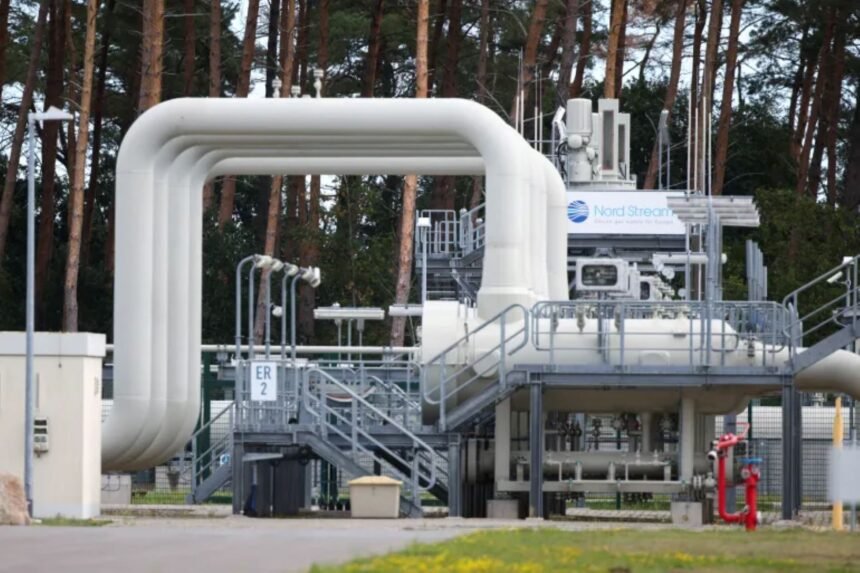The Danish Energy Agency has granted Nord Stream 2 AG permission to carry out conservation work on the Nord Stream 2 gas pipeline in the Baltic Sea, which was damaged in a series of explosions in 2022, Reuters reports.
Maintenance work is necessary to reduce environmental and safety risks arising from the pipeline being filled with seawater and residual natural gas, the agency stated.
The operations, set to be completed by the end of 2025, aim to preserve the damaged pipeline by installing custom plugs at each open end of the pipe to prevent further gas leaks and the inflow of oxygenated seawater into the system.
Given that Nord Stream 2 AG is fully owned by Russia’s state-controlled Gazprom, Danish authorities have imposed monitoring measures to prevent unauthorized activities. The company must submit an annual plan outlining its future intentions for the facility, allowing regulators to track developments and ensure compliance.
The $11 billion Nord Stream 2 project was completed in 2021 to pump gas from Russia to Germany. However, Germany halted the plan following deteriorating relations with Moscow due to Russia’s invasion of Ukraine, while the U.S. imposed sanctions.
Unresolved Sabotage Incident
In September 2022, one of the two Nord Stream 2 pipeline lines was damaged by mysterious explosions, along with both lines of Nord Stream 1.
The U.S., Ukraine, and Russia have all denied involvement in the attacks, with Moscow blaming Western sabotage. The damaged Nord Stream 2 pipeline is estimated to still contain around 9-10 million cubic meters of natural gas, while the intact pipeline remains filled with gas, according to the Danish agency.
In December, the U.S. imposed additional sanctions on the pipeline operator and other Russian entities, stating that Nord Stream 2 is a Russian geopolitical project that it strongly opposes.
Following the explosions, investigations were launched by Germany, Sweden, and Denmark, but no conclusive findings have been released.







